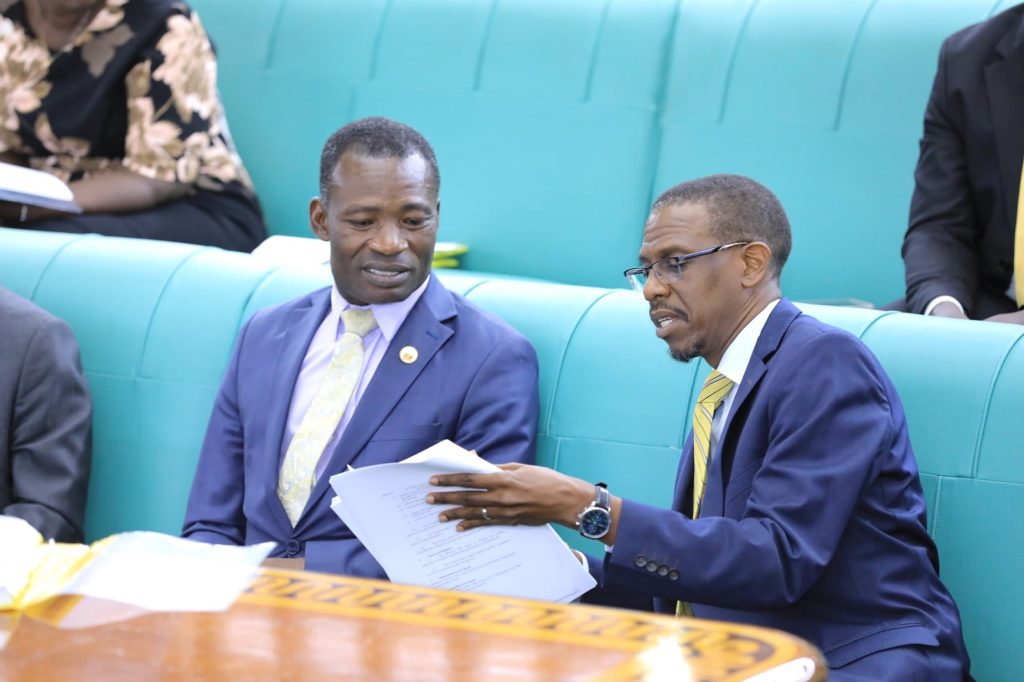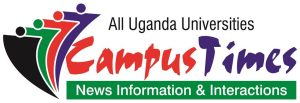Parliament has passed the Technical and Vocational Education and Training (TVET) Bill, 2024, introducing major reforms aimed at improving efficiency and governance in Uganda’s vocational education sector.
Key provisions of the Bill include the merger of regulatory bodies, dissolving entities such as the Uganda Business, Technical and Examinations Board (UBTED), Uganda Allied Health Examinations Board, and Uganda Nurses and Midwifery Examinations Board. Their functions will now fall under the TVET Council, which becomes the central authority for accrediting and regulating TVET institutions nationwide.
“This reform will reduce redundancy and improve efficiency in managing vocational education,” said Hon. James Kubeketerya, Chairperson of the Committee on Education and Sports, as he presented the committee’s report to the House on December 3, 2024.
The Bill also establishes the Uganda Vocational and Technical Assessment Board to harmonize vocational training systems. However, the committee raised concerns about potential overlaps between the TVET Council and the National Council for Higher Education (NCHE), warning that such overlaps could create delays and inefficiencies.
“The overlapping roles between the TVET Council and NCHE risk creating confusion. A unified framework is necessary for effective accreditation,” Kubeketerya explained.

The committee recommended that the TVET Council process accreditation applications within six months and notify applicants within one month to avoid delays for institutions and students.
Addressing governance, the Bill grants the minister authority to delegate responsibilities to local governments, allowing them to regulate and license TVET providers. This decentralization aims to make TVET management more responsive to local needs.
Concerns were raised about staff transitions from dissolved boards. “Clause 126(5) leaves staff transitions to the minister and availability of positions, which is unfair,” Kubeketerya said, urging a fair process to minimize job losses.
Hon. George Bhoka highlighted challenges regarding informal training institutions, such as presidential skilling centers, which currently lack standardized entry requirements. “What will be the eligibility criteria for informal training institutes under this framework?” he asked.
Despite these concerns, most members supported the Bill, which also prioritizes equity in governance. Kubeketerya called for stronger representation of women in TVET leadership. “Women’s representation must go beyond tokenism to ensure inclusivity at all levels,” he urged.




